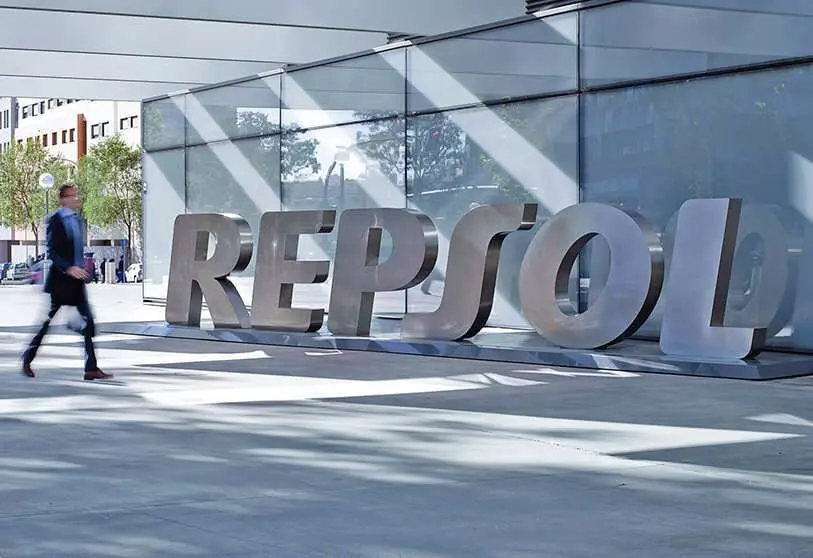Repsol is working on the development of renewable hydrogen for industry and transport

Repsol, which is developing programmes and investments to become an adapted and competitive group in the new energy era, is making hydrogen one of its future strengths. Now, almost at the beginning of this energy, it is the leading producer and consumer. But the road is long and, as its managers and experts point out, the cost and regulations are still obstacles.
It is now working on various technological options to competitively generate renewable hydrogen with a low carbon footprint. In its latest 'Newsletter' it highlights its possibilities "as an energy vector with great potential for use in industry, mobility or the electricity system". However, he considers it necessary to have "an adequate regulatory framework" that makes it possible to develop it profitably. Without profitability, its success is almost impossible and the report stresses that "today they are superior to conventional hydrogen".
In this context, Elena Verdú, senior scientist in Process Development at Repsol Technology Lab, emphasises that "in the case of production by electrolysis, the most decisive factor is the price of electricity", which represents 70-75% of expenditure.
In this context, when energy policies are perceived in Spain and Europe as key to developing technologies that make nations more competitive, while preserving the environment, the company directed by Josu Jon Imaz, believes that it is necessary to have an appropriate regulatory framework that would be included in the roadmap launched by the government this October. And with the goal of "mobilising investments of 8,900 million euros over the next decade in this technology".

A policy in this direction "will be able to produce the real breakthrough of this technology", stresses Verdú. As a result, "renewable hydrogen and low carbon footprint could account for between 10 and 20% of global energy consumption".
Repsol has already opted for this energy, with the Bilbao plant project. Now it is considering another alternative with the production of renewable hydrogen, through the conventional process, but changing the fossil raw material for a material of bio origin, such as a biomethane obtained from the treatment of biological waste, sewage sludge, organic domestic and industrial waste or biomass.
The energy sector is also making progress, together with Enagás, in systems for the production of renewable hydrogen by means of photoelectrocatalysis, which consists of the direct conversion of solar energy and water to produce hydrogen. And he underlines that this path allows competitive renewable hydrogen to be obtained with lower energy costs. Products with renewable hydrogen will be essential "to decarbonise sectors that are difficult to electrify, such as maritime or air transport".








